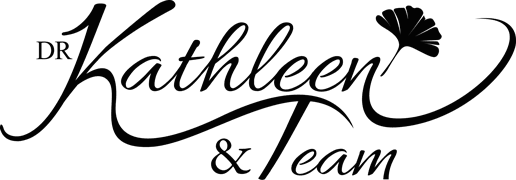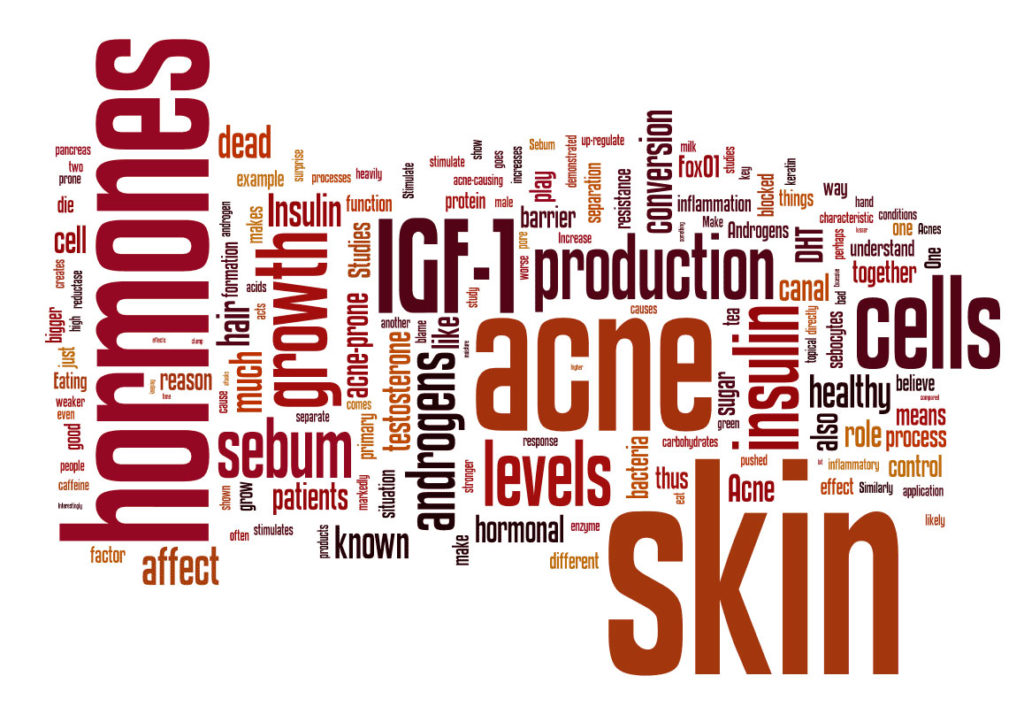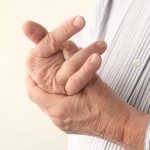Anxiety, depression, weight gain around the abdomen, decreased sex drive, low energy, irregular periods, headaches and joint aches—you may think you are too young to be going through menopause, but did you know that women can go through hormonal changes, called perimenopause, as early as their twenties? I didn’t…but I’m relieved that I’ve found the cause of my problems as I was just in my mid-thirties and I thought I was losing my mind.
I had my fallopian tubes removed due to previous surgical scarring which permanently damaged them. My surgeon advised me that there was no need to take the birth control pill any longer as I was no longer able to naturally conceive a child. Not only was I in shock to be informed abruptly of my reproductive status, I had no idea of what an emotional roller coaster I would take on since stopping ‘the pill’. I was experiencing anxiety attacks, debilitating premenstrual symptoms of cramping, headaches and fatigue, acne, low energy and weight gain around my middle.
When I began to experience these new symptoms since getting off of the pill, I dutifully visited my GP. Standard lab tests were ordered to check my iron levels and thyroid. No news- so all normal. I asked my GP to test my hormone levels, and her curt response was ‘but you’re not old enough to be menopausal’ and my request was dismissed. I was told to start Roaccutane© for my acne, which is based on one of the same chemicals used in chemotherapy treatment, which can have serious side effects on your liver and more. While it works for some, I wasn’t willing to take any chances. I expressed my concern and was told I was ‘too old’ to go back on the pill so it was the only other alternative besides being on permanent antibiotics, which I had been on daily for 6 months with no success. I walked out of the clinic feeling no closer to knowing the cause of my symptoms, feeling hopeless and humiliated.
My instinct was that since I was off of the birth control pill, which was regulating my body’s ability to produce hormones that I was, indeed, suffering from some form of hormonal imbalance. Hormones, powerful messengers that are chemically formed by cholesterol, synthesised in the ovaries, brain, body fat, testicles, and adrenal glands affects every single tissue and muscle in your body and depend upon balance.
Only after studying for my Doctorate Degree in Integrative Medicine did I confirm my hormonal imbalances whilst completing my internship in New Zealand. I studied the use of bio-identical hormone therapies derived from soybeans and Mexican yams (meaning the molecular structure of the oestrogen extracts from these natural foods is identical to the human molecular oestrogen composition) as well as evidence based botanical therapies, and how beneficial they can be for both men and women from their 20s to 70s plus. I also learned of the controversy of synthetic HRT therapies- namely, that a popular government subsidised oestrogen replacement therapy, Premarin©, was made of oestrogen from pregnant horses’ urine- all controlled by one pharmaceutical company who insures ‘best practice’ of pregnant mare oestrogen farming of 75,000 horses who are crated in stalls the equivalent to a human coffin all of their lives sometimes in below zero temperatures, catheterised and starved of water to ensure that the concentration of oestrogen in their urine is optimum as the pharmaceutical company pays these farmers based on percentage of oestrogen concentration. PETA is hard on the case to stop this cruelty to animals. However, with the pharmaceutical company making billions of dollars of profit from this synthetic oestrogen therapy, millions of pills continue to be manufactured and consumed by women globally, and many are unaware of the source of the hormone or the animals that have suffered to produce this pharmaceutical. Putting ethical issues to the side (I’m not writing this to spark a war with pharmaceutical companies), from a scientific perspective, our molecular biochemistry is not the same as the horse, so why would we use non-bio-identical hormones?
Bio-identical hormones are hormones derived from plant sources (soybeans and Mexican yams) that are structurally identical to the hormones produced naturally by the human body. Some bio-identical hormones that are commonly used for replacement include oestrogens, progesterone, testosterone, DHEA and pregnenolone.
Since I consulted with an integrative medical practitioner and my hormones were tested (without disdain or hesitation), I’ve since been diagnosed with perimenopause. I’m on bio-identical progesterone therapy which has dramatically improved my state of mind and wellbeing- no more anxiety, my acne has improved, and I’m feeling better than I’ve felt in years…like ‘myself again’.
I’m so passionate about this issue that I’m now consulting with women and men as an integrative medical practitioner on an array of health issues, including hormonal imbalances- I have made a commitment as a health professional to always listen to my patients- take the time to learn of their instinctive feelings about their symptoms and be open to exploring all causes of illness- not just treating the symptoms.
FACTS ABOUT PERIMENOPAUSE
- May begin in 30s
- May be confused with
- depression & anxiety
- Irregular periods
- Associated w/breast
- tenderness & headaches
- Many women feel ‘crazy’
FACTS ABOUT MENOPAUSE
- Defined by cessation of menstruation
- for 1 year — normally between ages 45-55
- May last for years
- Large range of symptoms
MEN & BIO-IDENTICAL HORMONES
Andropause is the male equivalent of menopause. Some men actually go through a sudden change in testosterone levels. This correlates to the hormonal changes experienced by women during menopause. However, most men have a more subtler decline, such as:
- Reduced libido
- Depression and anxiety
- Erectile Dysfunction (ED)
- Heart disease
- Fatigue
Andropause can be tested for and treated with bio-identical hormone therapies.
How to get help
All compounded medications require a prescription. Based on your personal hormone evaluation and lab results, your health practitioner will work with a compounding pharmacy provider to help determine a course of treatment. Alternatively, botanical supplementation may also be offered.



